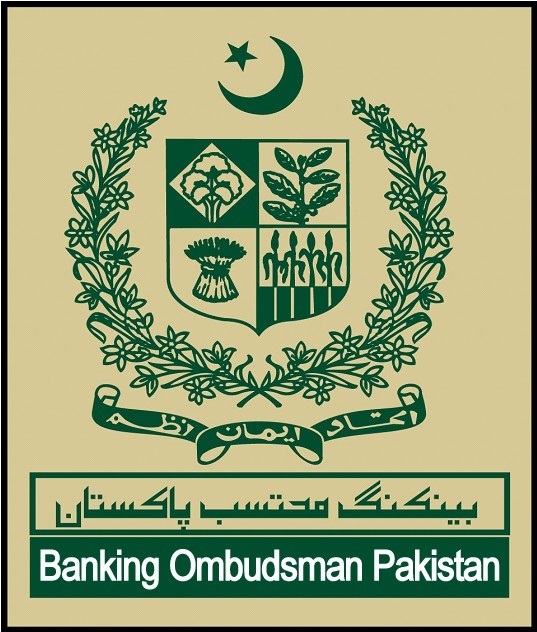Ombudsman Global Spectrum
Definition
In 1974, the International Bar Association agreed upon the following definition:-
"An office provided for by the constitution or by an action of the legislature or parliament and headed by an independent, high-level public official who is responsible to the legislature or parliament, who receives complaints from aggrieved persons, officials, and employees or who acts on his own motion, and has the power to investigate, recommend corrective action, and issue reports".
Evolution
The modern ombudsman owes its evolution to a variety of factors. Apart from focus on good governance at state level, major factors in the popularity of ombudsmen include the relatively recent quest for human rights, higher public awareness and education, the public's participatory role in state governance, expanded bureaucracies, emergence of new democracies with inexperienced public servants and rising maladministration.
Three and half decades before, the ombudsman role was largely restricted to entertaining grievances against state’s departments only.
Emerging exigencies like shift from state to private enterprise, exceptional growth in the services sector globally akin to rapidly expanding consumer base multiplied the need both for private sector and governments worldwide to embrace and launch such schemes intra-industry.
As recourse to courts of law, although expensive and protracted, is always available, the newer schemes were focused to encompass small businesses and individuals where redressal could be obtained quickly and free of cost.
First industry which adopted the concept was the banking industry. The UK banks association established a banking ombudsman office in 1986. To strengthen the scheme later in1999 a statutory UK Banking Ombudsman was established which incorporated the activities of eight private sectors ombudsmen. Today, banking ombudsmen or similar schemes exist in over 25 countries both within the public and private sectors.
India adopted the scheme in 1995 when Banking Ombudsman was appointed within the central bank like Trinidad and Spain.
The need to elevate the grievances and to facilitate the needy in the field of insurance, airline, medicine, mass media, state agents, legal service and in couple of countries even funeral services increase many folds. In all, worldwide in over 25 sectors such schemes are placed where ombudsmen are actively contributing.
Functional jurisdiction of Ombudsman varies country to country. The majority of schemes cater to individuals and small businesses. The Greek banking ombudsman, for example, is established within the private sector and accepts complaints from non-legal entities, i.e. individuals only.
Ombudsman schemes worldwide prove to be very successful, not only in resolving disputes but also in improving service quality and efficiency levels. Whilst courts only serve to adjudicate on facts presented, however, ombudsmen along with dispute resolution also identify systemic weaknesses and recommend improvements. Another compelling reason for the success of ombudsmen is on grounds of cost alone. Anecdotal evidence suggests that cost savings achieved by avoiding extended litigation far outweighs the cost incurred in funding the schemes. Also, compared to the arduous and lengthy legal process, the ombudsman process is informal, flexible and quick. Another important and beneficial aspect of the schemes is that complainants lose nothing and retain the right to seek legal redressal later
